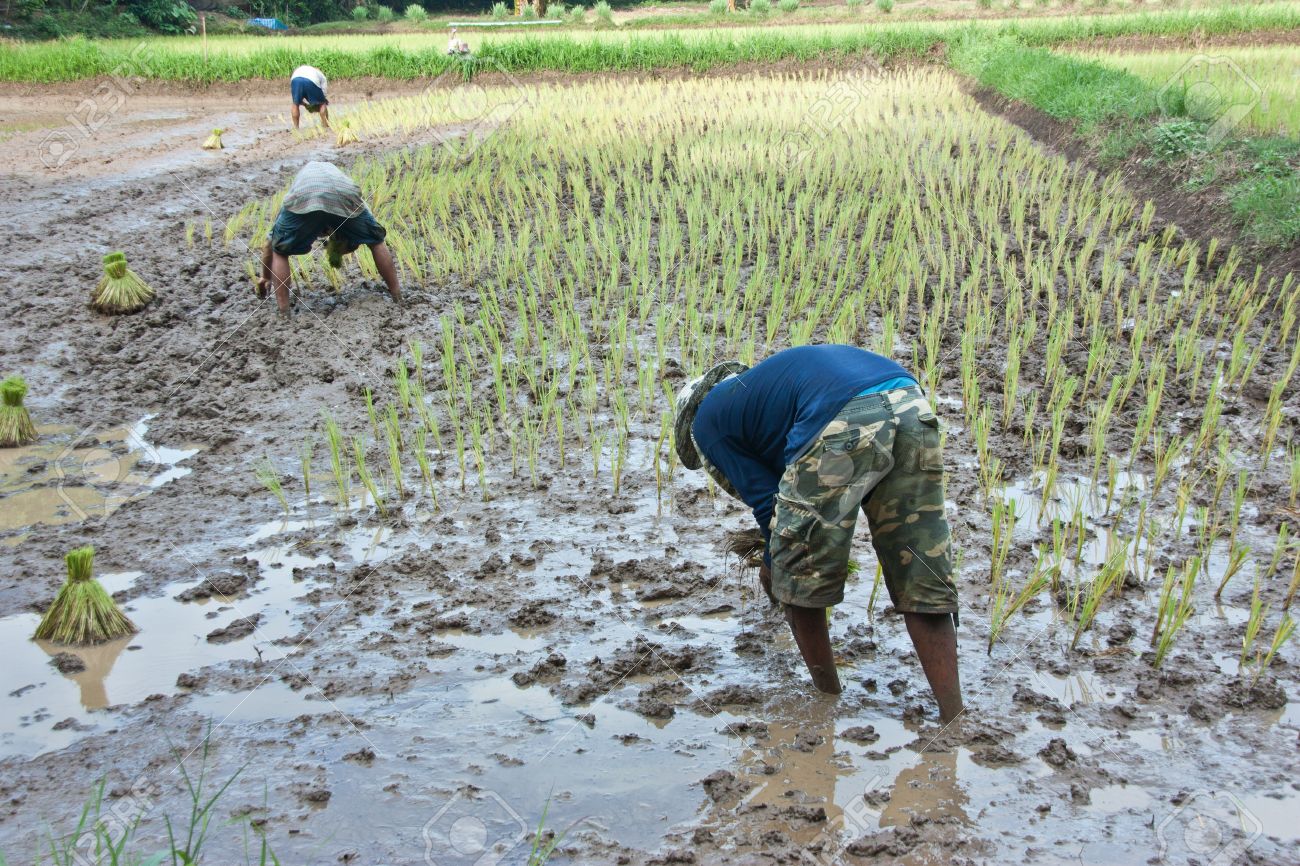Preparing for rainy season farming
Although this depends on the zone, rainy season in Nigeria usually starts from April to the end of October.It is the season of heightened agricultural activities by farmers. This may be due to the absence of irrigation facilities for dry season farming in many parts of the country. This season, also called wet season, is […]

FILE PHOTO
Although this depends on the zone, rainy season in Nigeria usually starts from April to the end of October.It is the season of heightened agricultural activities by farmers. This may be due to the absence of irrigation facilities for dry season farming in many parts of the country.
This season, also called wet season, is always characterised by low temperature and therefore crops that suit this climate condition are widely cultivated.
As we are into the month of March, what many farmers should start doing is clearing their land ahead of planting expected to start in a few weeks’ time.
Land clearing
According to Mr Toyin Alabi, an agriculturist, farming activities are usually preceded with the clearing of crop residue as well as dry plants ahead of the rainy season.
The expert said a well-prepared land controls weeds, recycles plant nutrients, and provides a soft soil mass for transplanting and a suitable soil surface for direct seeding.
Clearing your land, he said, can be done manually or mechanically. It can be done by the farmer himself with the assistance of members of his family or he can hire labourers. He said all these depend on the location and size of the farm.
Mr Alabi advised that the choice of your farmland should not be too far from you, especially in some parts of the country where security challenge remains a problem.
After clearing, the agriculturist said farmers should wait for the onset of the rain before the next stage, which is the heaps making. This, he said, however, depends on the type of crop the farmer wants to plant. For melon, he said a farmer can plant immediately the rain starts, around April – even on plain land.
But he warned that some crops, like groundnut, yam and other tuber crops, require heaps before planting as well as rain stability.
What crops you should plant for rainy season
Many farmers in Nigeria do most of their activities in the rainy season and according to Mr Ajayi, crops like maize, cassava, groundnut, yam, potato, rice and millet are suitable for planting in any part of the country during the season.
He said sorghum, okro, sesame and some varieties of tomato can also be planted during the season.
A vegetable farmer, Mr John Shekwoyi, said water-leaf, Ugwu and various types of vegetables can be planted during the rainy season but that the farmers must wait till around the end of May or early June in most parts of the North while those in the South can plant them as early as April.
Problem associated with wet season farming
Mr. Mathew Oladimeji, a farmer in Bwari in the FCT, said pest and worm attacks are common during the wet season. This according to him is common to maize, rice, tomato and some other vegetables.
Farmers that intend to activate some of these crops must be ready to spend additional money for pesticides and fertiliser to control the impact of the attack.
Sometimes, Mr Oladimeji said getting relevant and original pesticides remain the problem as the pests might have wreaked havoc on the crops before such is made available.
He also said during the rainy season, weeds grow fast alongside the crops and they must be removed as soon as possible before they affect the growth of the crops.
Mr Oladimeji further said insurficient sunlight, sometimes to sun-dry crops like melon and groundnuts is a matter of concern during the season.
He said because many people tend to be involved in farming during the season, there is always a crash in the prices of the produce during harvest.
